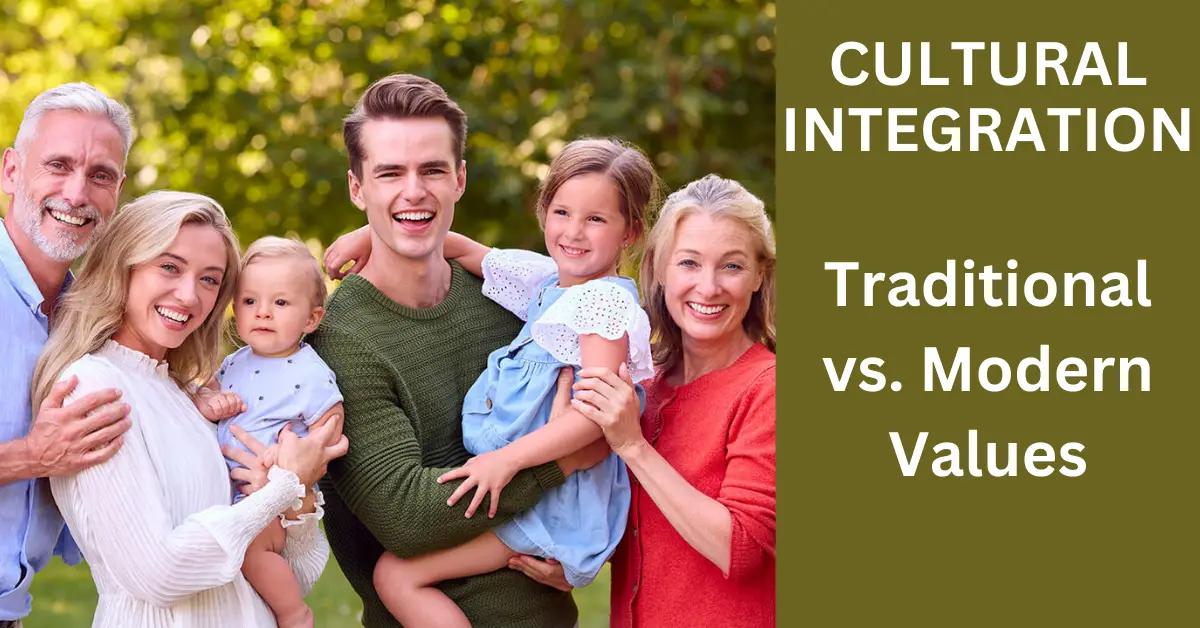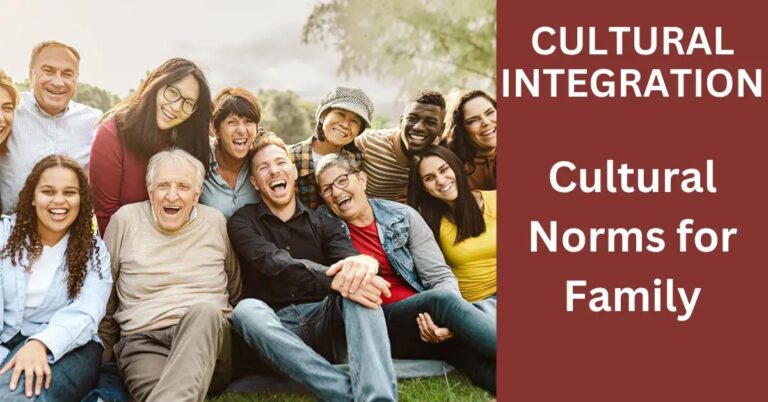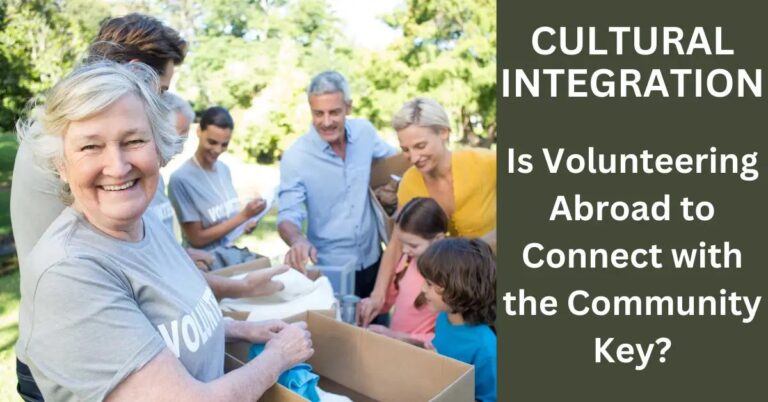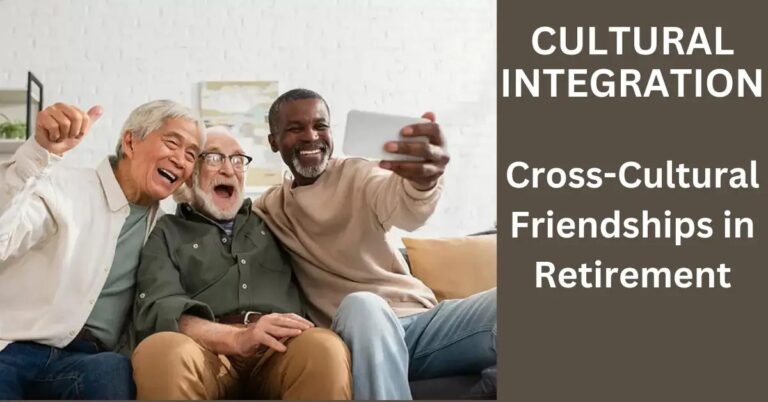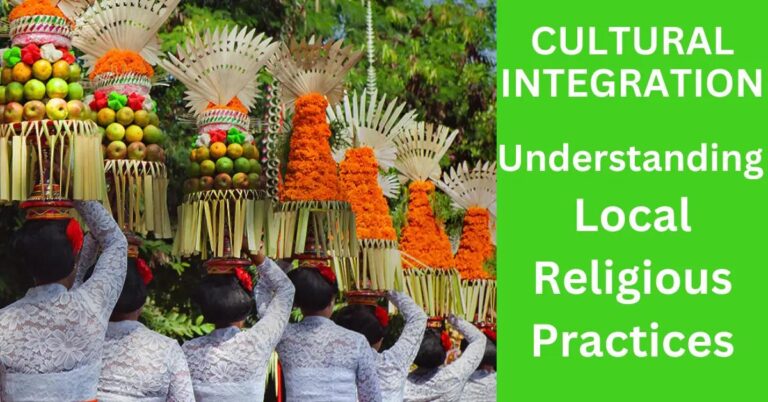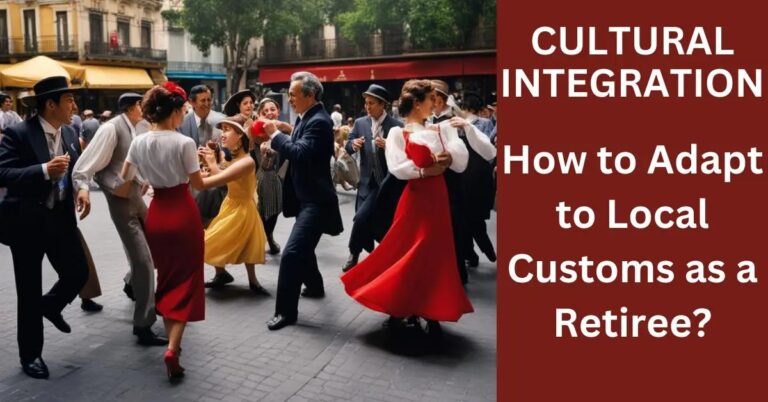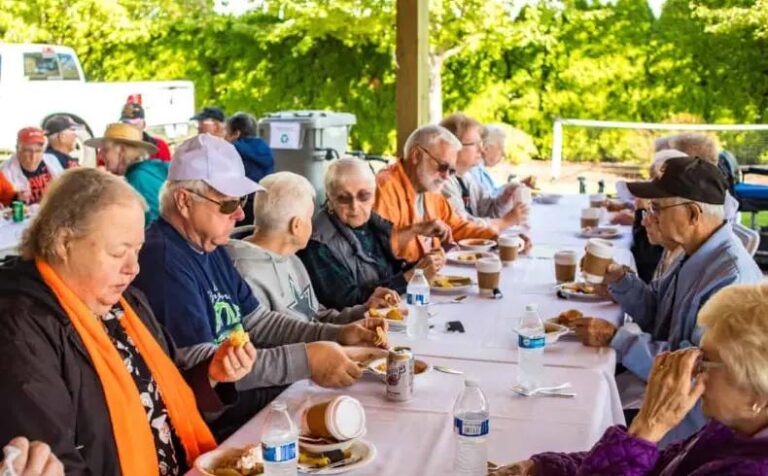TL;DR:
- Traditional values honor history; modern values prioritize change.
- Each culture has unique values shaped by historical and current influences.
- Adapting involves blending old customs with new practices.
- Globalization and technology heavily influence value changes, often blending traditions.
- Modern culture challenges family roles and social norms; traditional values may fade or adapt.
- Preservation efforts include festivals and education to maintain traditions.
- Adapting includes understanding local customs and observing societal behaviors.
- Cultural changes affect daily life, emphasizing fairness and environmental concerns.
- Patience and curiosity aid in adapting to new cultures.
- Cross-cultural communication is key to understanding and integrating new value systems.
Moving to a new country stirs up a whirlwind of cultural contrasts. Traditional values, often rooted in love for heritage, might face off with modern ideas that shout for change. So how do you, a global nomad, navigate this vibrant clash? It’s all about spotting these differences and balancing them. Join me in exploring the distinct dance between old traditions and modern ways and uncover how they shape your cultural identity.
Understanding Traditional vs. Modern Values in Your New Country
What is the difference between traditional values and modern values? Modern values prioritize change and progress, while traditional values honor history and customs. Traditional values in my country include respecting elders and celebrating age-old festivals. They shape how people see family roles and community ties.
Cultural differences play a big role in shaping values. Each country has its unique identity formed by its past and present. Understanding these cultural differences helps you see how values change from one place to another. For instance, some places stress community living. Others value individual success.
Cultural identity is how you relate to your culture’s traditional and modern aspects. When moving to a new place, this identity might change. You may adopt new customs while holding on to your old ones. It’s like mixing two colors to create a new shade. To build a cultural identity, engage in local customs and connect with the community.
Balancing tradition vs. innovation is also key. Imagine living where everyone loves new gadgets, but the old ways still hold importance. Identifying this balance can be tricky and requires keen observation. Look at how people dress, communicate, and celebrate. It’s in these details where tradition meets progress. Understanding this blend helps you fit in while maintaining your uniqueness.
In summary, living in a new country means understanding the tug-of-war between age-old customs and new ways. This understanding helps you thrive and grow. Embrace the lessons from both traditional and modern viewpoints. As you do, you’ll build a strong, adaptable cultural identity.
How is Modernization Impacting Traditional Values?
Modern culture impacts traditional values in many ways. Globalization is the bridge connecting different cultures today. It often leads to a mix of beliefs and practices. This can change how people view traditional customs.
How is modern culture affecting our traditional values? Modern culture often changes family roles and social norms. People may question or change their customs. The influence of globalization on culture can blend different traditions. This mix can make some traditional values fade or adapt.
What is the difference between modern and traditional ideas? Traditional ideas come from past customs and beliefs. They include family roles, festivals, and more. Modern ideas focus on new ways of living. They value individual choices and technology. These differences can lead to changes in everyday life and society.
In what ways is globalization affecting cultural values? Globalization can introduce new foods, fashion, and ideas. These can sometimes challenge local traditions. People might adopt new habits, creating a culture mix. This mix often reshapes cultural values.
What impact does technology have on the transformation of traditional values? Technology changes how we connect and live. Social media makes sharing ideas easy and fast. It opens doors to global influences, changing local beliefs. Some traditions become less common as people adapt to modern practices.
How are traditional practices being preserved in a modern world? Some people work to keep traditions alive. Festivals, language classes, and community events play a role. They help share culture and history with young people. This preservation fosters respect for the past while living in the present. Traditional practices can adapt without losing their roots.
Adapting to Cultural Changes and Value Transformations
Adapting to cultural changes can feel like a rollercoaster ride. You might ask, “Can you provide examples of how your lifestyle has shifted?” For me, food habits really changed. I used to have long family meals, but now I eat fast on-the-go snacks. This shift happened because life’s pace here is quicker. It’s hard initially, but change can also be enriching.
Modern culture affects our traditional values in many ways. You might worry about losing touch with customs. This is true, but it can expand your beliefs too. For example, respecting elders is very traditional. Yet, in some new places, the focus is more on individual opinion. The balance between new and old ways must be found, like holding onto respect and also listening more to younger voices.
Effective strategies for adapting to new cultural norms include patience and curiosity. Spend time understanding what matters deeply to the locals. Pay attention to clothes, food, and how people greet one another. When in doubt, ask questions. This shows you care about fitting in and learning.
Evolving moral values shift how we live daily. People may start caring more about environmental issues. This affects what we eat, wear, and how we travel. Societal interactions may become more about fairness and equality. You may see more emphasis on sharing tasks at home, not just one person doing it all.
Cross-cultural communication is essential for understanding value transformations. Speaking with people from different backgrounds opens your mind. You get to see their views on family, work, and community. This is crucial because it brings clarity and harmony in living together. Explore how these moral shifts mold today’s society by developing your cross-cultural skills here. It leads to better friendships and a fuller experience in your new land.
Conclusion
Navigating the clash between traditional and modern values is tough but rewarding. Understanding your new culture’s unique values strengthens your cultural identity. Modernization challenges tradition, but knowing its impact helps you adapt. Use strategies to blend tradition and innovation. Your experience shapes how you see cultural shifts. Embrace these changes for personal growth and broader cultural understanding. Always stay curious and open to learning. This balance enriches your life abroad and connects you deeply with your new home.

